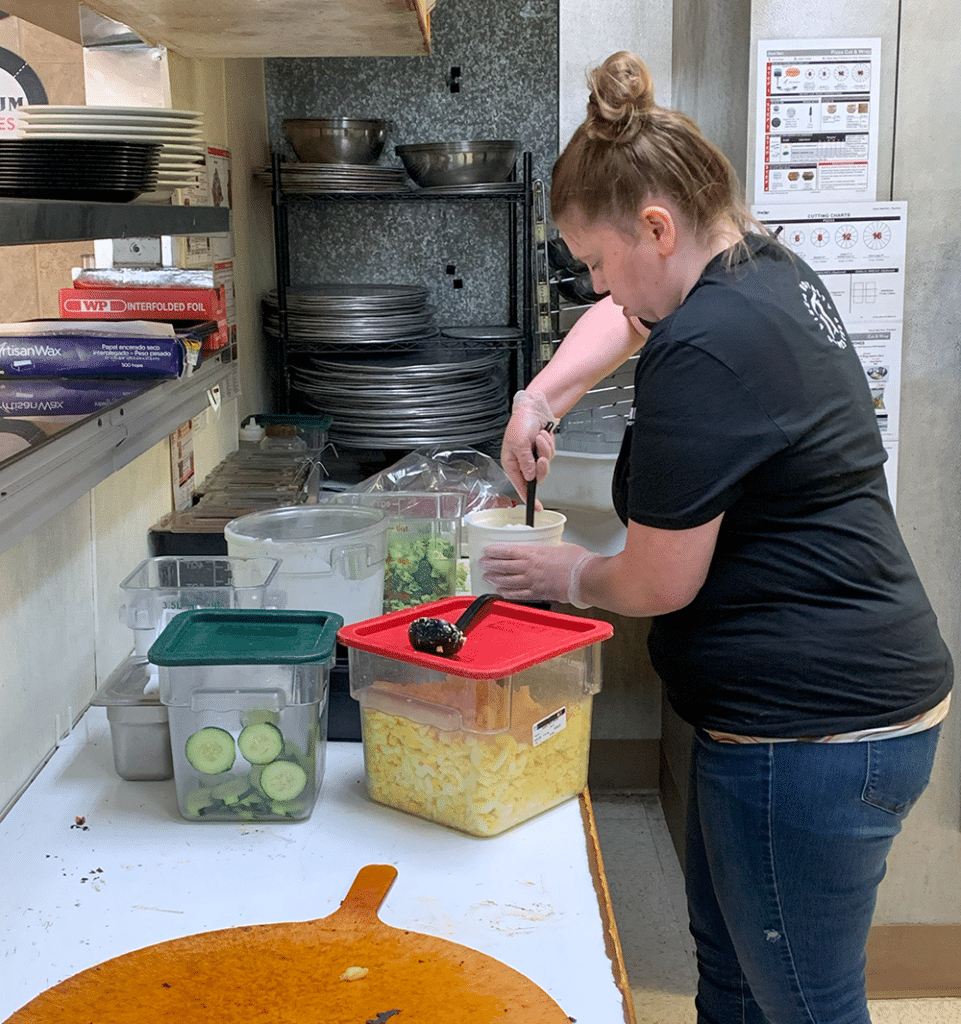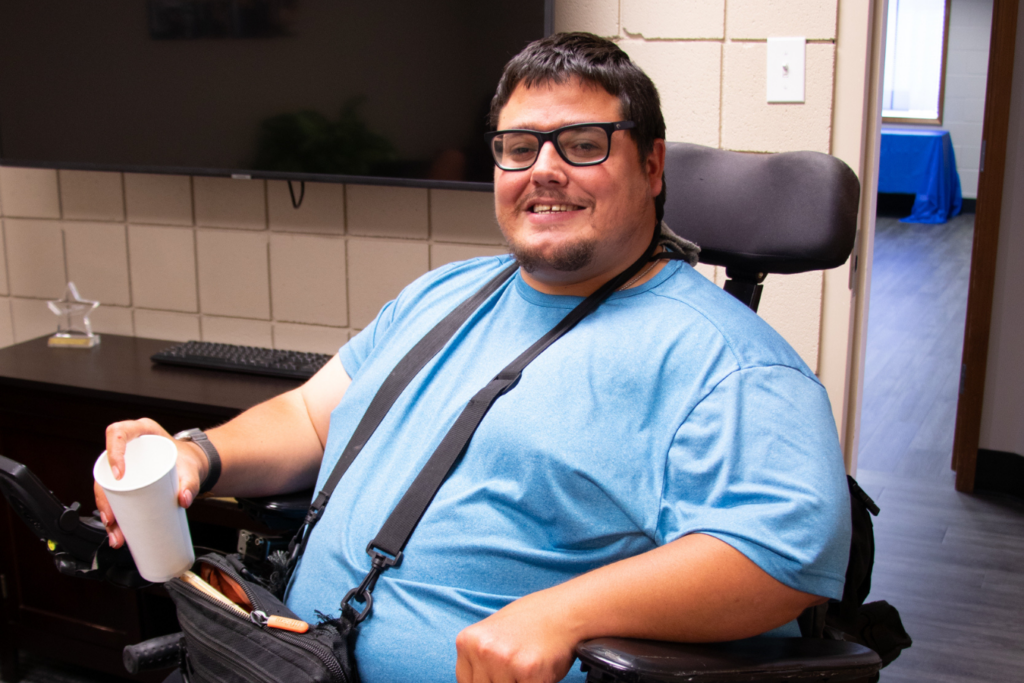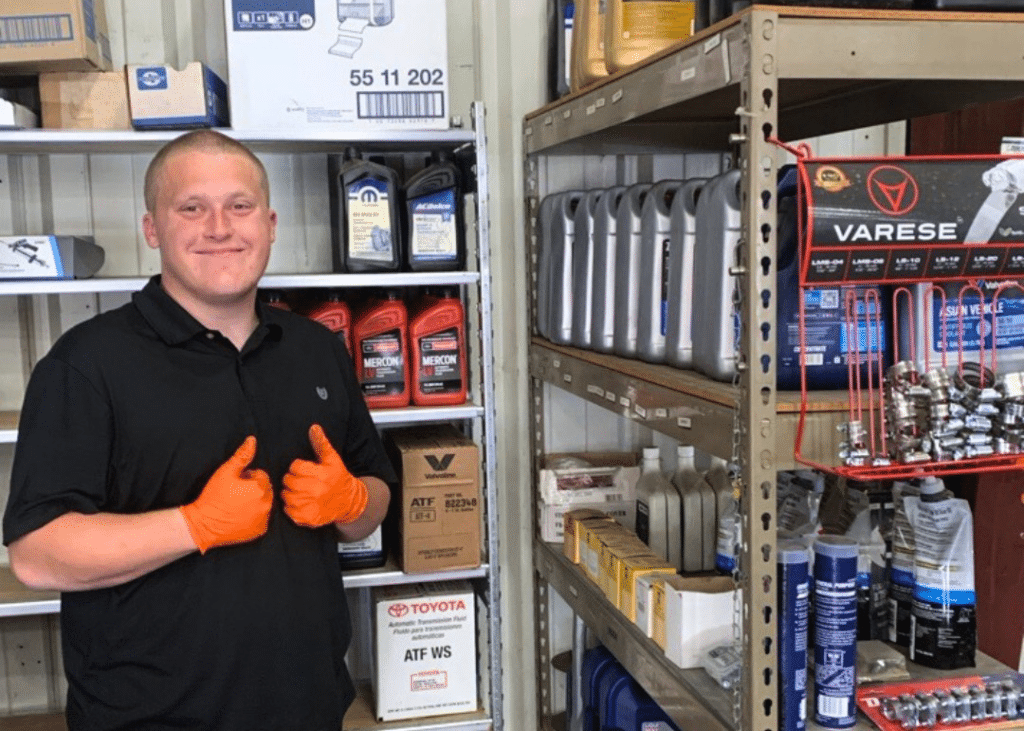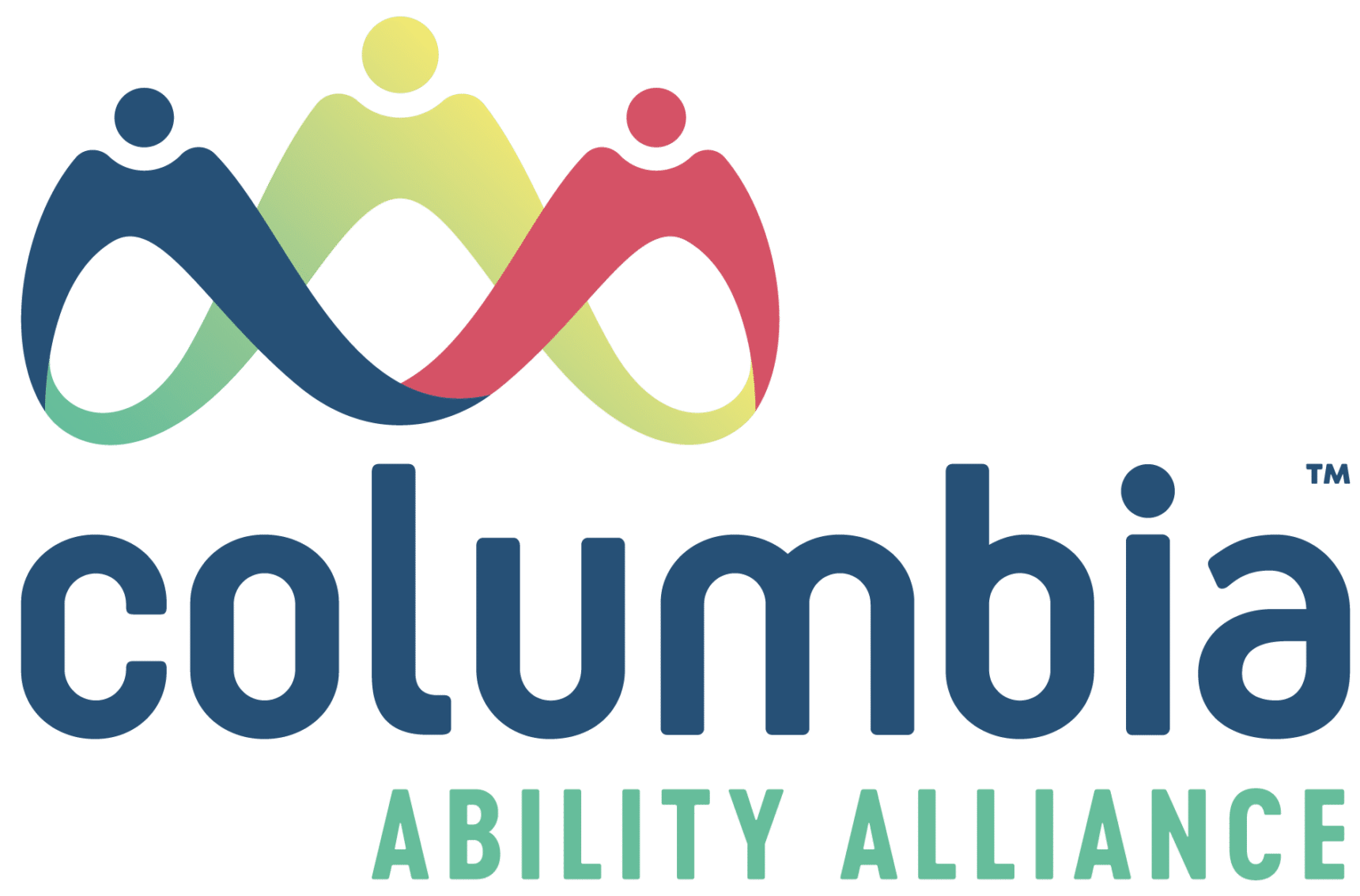Home » Working While Disabled
Working While Disabled

Know Your Rights & Options
Entering or returning to the workforce as a person with a disability can feel daunting, but it’s important to know that you have rights and resources to support you every step of the way. Washington State residents with disabilities are protected by federal and state laws that prohibit job discrimination and require employers to provide reasonable accommodations. There are also programs to help you explore work opportunities without immediately losing vital benefits like Social Security Disability Insurance (SSDI). This page outlines key rights and options, from understanding workplace accommodations to navigating SSDI rules, so you can pursue employment with confidence.
Understanding Your Employment Rights (ADA & State Law)
If you have a disability, you are protected by the Americans with Disabilities Act (ADA) in the workplace. ADA Title I forbids employers from discriminating against qualified individuals with disabilities in all aspects of employment (hiring, firing, promotions, pay, etc.). This means an employer cannot refuse to hire you or treat you unfairly simply because of your disability, as long as you can perform the essential functions of the job (with or without reasonable accommodation). The ADA generally applies to private employers with 15 or more employees, as well as all state and local government employers.
Under the ADA, you also have the right to “reasonable accommodations” on the job. A reasonable accommodation is an adjustment or modification that helps you apply for or perform a job despite your disability. For example, an employer might provide special software for a worker with a visual impairment, adjust someone’s work schedule for medical appointments, or make physical changes like installing a ramp for wheelchair access. Employers must provide accommodations unless doing so would cause “undue hardship” (significant difficulty or expense) for the business. It’s important to note that you usually need to request an accommodation, employers are required to engage in a dialogue (an “interactive process”) with you to find a suitable solution.
Washington State law offers additional protections. The Washington Law Against Discrimination (WLAD) prohibits disability discrimination and, notably, covers employers with 8 or more employees (so it extends protections to some smaller workplaces that the ADA might not cover). In practice, this means most Washington employers are required to uphold similar non-discrimination and accommodation standards. If you ever feel you’re being treated unfairly at work due to your disability, you can contact the Washington State Human Rights Commission or the federal Equal Employment Opportunity Commission (EEOC) to get information or file a complaint.


Disclosing Your Disability and Requesting Accommodations
Deciding whether and when to disclose your disability to a potential or current employer is a personal choice. In general, employers are not allowed to ask about the specifics of your disability during the hiring process (they can only ask if you can perform the job duties, with or without accommodation). You also do not need to disclose a disability if you don’t need any accommodations. However, if you do need an accommodation to apply or to do your job, you will likely need to inform your employer about your condition (at least in general terms) to get that support.
When requesting an accommodation, it’s best to do so in writing (email works) to have a record. You don’t have to reveal every detail of your medical history, you just need to provide enough information to show that you have a disability and what accommodation you need. Employers may ask for medical documentation to support the request. Be prepared to discuss ideas for accommodations that would help you perform effectively. The Job Accommodation Network (JAN) and ADA National Network are great resources for examples of workplace accommodations. Remember, the goal is a solution that enables you to do the essential parts of your job. Most employers want to help you succeed, especially when you bring strong skills and a positive attitude to the table.
Social Security Disability Benefits and Working
One major concern for people with disabilities is how working will affect their Social Security Disability Insurance (SSDI) or Supplemental Security Income (SSI) benefits. It’s crucial to know that there are safety nets in place so you can test your ability to work without immediately losing benefits. The Social Security Administration has special rules called “work incentives” for this purpose.
If you receive SSDI, you’re allowed to try working through a Trial Work Period (TWP). During your TWP, you can earn income (above a certain monthly amount) for up to 9 months, and still receive full SSDI benefits during those months. After the trial period, an Extended Period of Eligibility continues for 36 more months where you can receive benefits in any month your earnings fall below a threshold called Substantial Gainful Activity (SGA). In 2025, SGA is defined as $1,620 per month for non-blind disabled individuals (and $2,590 for blind individuals). If you earn above the SGA level after the trial period, your cash SSDI benefits may stop, but if your income later falls below SGA, your benefits can restart without a new application during that 36-month window. Additionally, even if SSDI cash payments stop due to work, you will not immediately lose Medicare, in fact, your Medicare coverage can continue for many years after you return to work, as long as your disability persists.
For those on SSI, the program also has work incentives. SSI payments decrease gradually as you earn more (roughly $1 less in benefits for every $2 in wages after a small exemption). In other words, you will still come out ahead financially by working. And even if your earnings eventually make you ineligible for SSI, you can often keep your Medicaid health coverage under special rules (such as the 1619(b) program) up to a certain income level. Navigating these rules can be complicated, but help is available. A Benefits Planner or Work Incentives Planning and Assistance (WIPA) counselor can explain how working would affect your specific benefits. These experts can help you make an informed decision and avoid any surprises.
Programs and Resources to Support
Your Employment Working while disabled doesn’t mean you have to go it alone. There are excellent programs designed to help people with disabilities find and keep jobs:
- Ticket to Work (SSA): This is a free, voluntary program run by Social Security that connects SSDI and SSI beneficiaries with employment services. Through Ticket to Work, you can get help with job training, résumé building, placement, and benefits counseling from authorized providers (called Employment Networks) or your state vocational rehabilitation agency. While you are actively participating in Ticket to Work, Social Security will not conduct medical disability reviews, which is an added layer of security while you test out working.
- Division of Vocational Rehabilitation (DVR): DVR is a Washington State agency that helps people with disabilities prepare for and obtain employment. You can work with a DVR counselor to set job goals, get vocational training or education, and receive assistance with job placement. They may also help with funding for certain accommodations or services you need to work (for example, assistive technology or transportation training). To access DVR, you can apply through your local DVR office (there is one serving the Tri-Cities region). Many people start with DVR services to get the support they need to find a suitable job.
- Developmental Disabilities Administration: If you’re a client of DDA (typically individuals with developmental or intellectual disabilities), you may have access to employment support services through DDA-funded programs or partner agencies. DDA can connect you with supported employment providers who specialize in helping people with disabilities learn job skills and work in the community. Talk to your DDA case manager about adding employment services to your Individual Support Plan if that’s something you’re interested in.
- Job Placement and Coaching Programs: Non-profit organizations like Columbia Ability Alliance offer Employment Services and Job Seeker programs to help adults with disabilities find meaningful work. For example, our team can assist with résumé writing, interview practice, and directly connecting you with inclusive employers in the Tri-Cities. We also provide on-the-job coaching and support to ensure your success once you’re hired.
Tips for Success and Next Steps
Starting or returning to work is a journey so it’s normal to have questions and a bit of anxiety. Here are some tips and final thoughts:
- Leverage Your Support Network: Talk with your DVR counselor, DDA case manager, or employment specialist about your work goals. They can help create a plan that balances your ambitions with your need for support or accommodations. Columbia Ability Alliance staff are also here to discuss our employment programs and community connections that might benefit you.
- Understand Your Benefits: Before making any big changes, it’s wise to speak with a benefits planner (through WIPA or DVR) about exactly how a job could affect your SSDI/SSI, healthcare, and other benefits. They can help you use programs like Ticket to Work or specific work incentives to maximize your financial stability during the transition.
- Know Your Value: Remember that having a disability does not diminish the skills and talents you offer. Employers in many industries value diversity and are eager to hire people who are dedicated and capable. Focus on what you can do and how your life experience (including managing a disability) may have given you unique problem-solving skills, resilience, or other strengths.
- Be Patient and Persistent: Job searches can take time for anyone. Don’t be discouraged if it takes a while to find the right fit or if you need to make a few tries. Utilize resources like job clubs, career fairs, and mentorship programs for people with disabilities (DVR or local nonprofits often have these). Every interview is practice that brings you closer to success.


